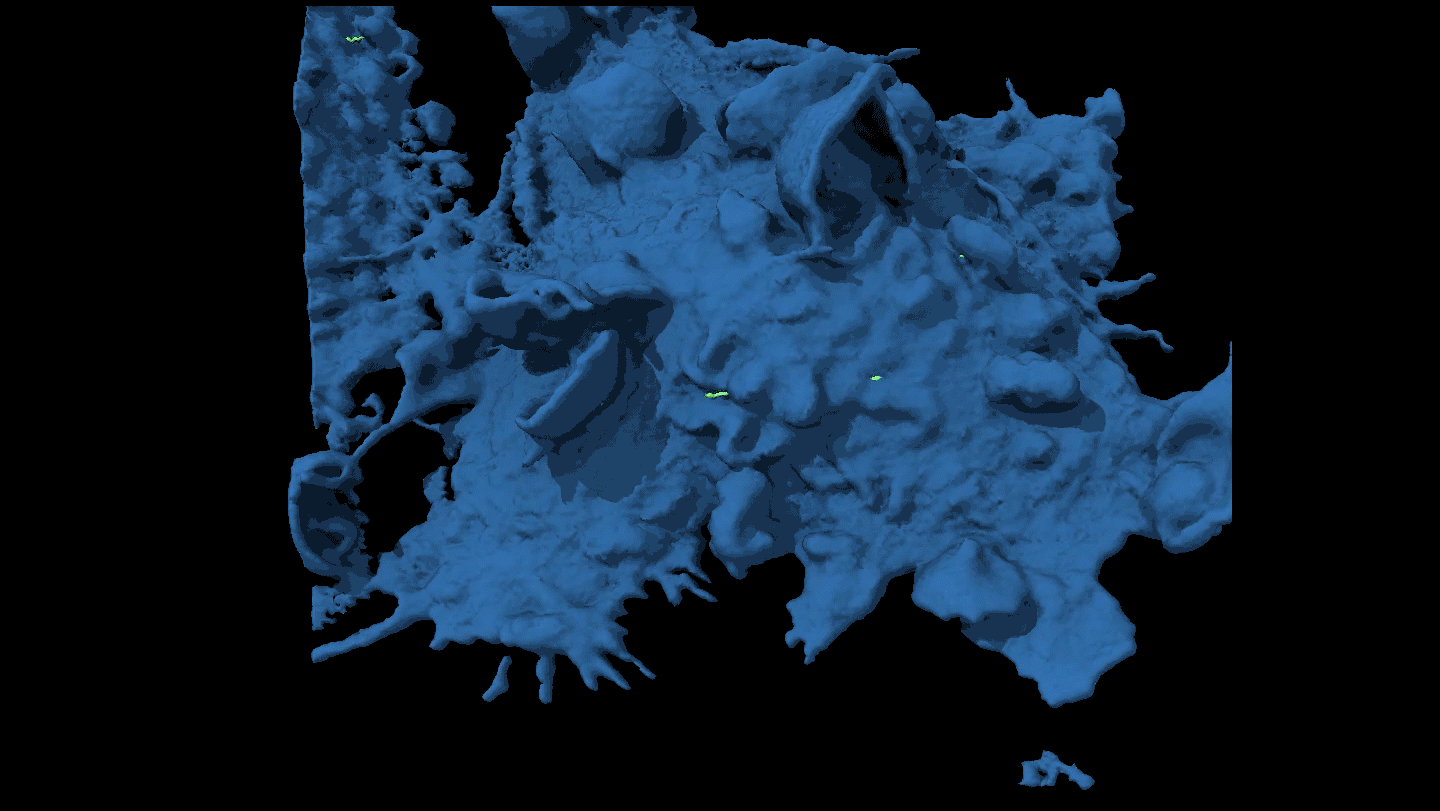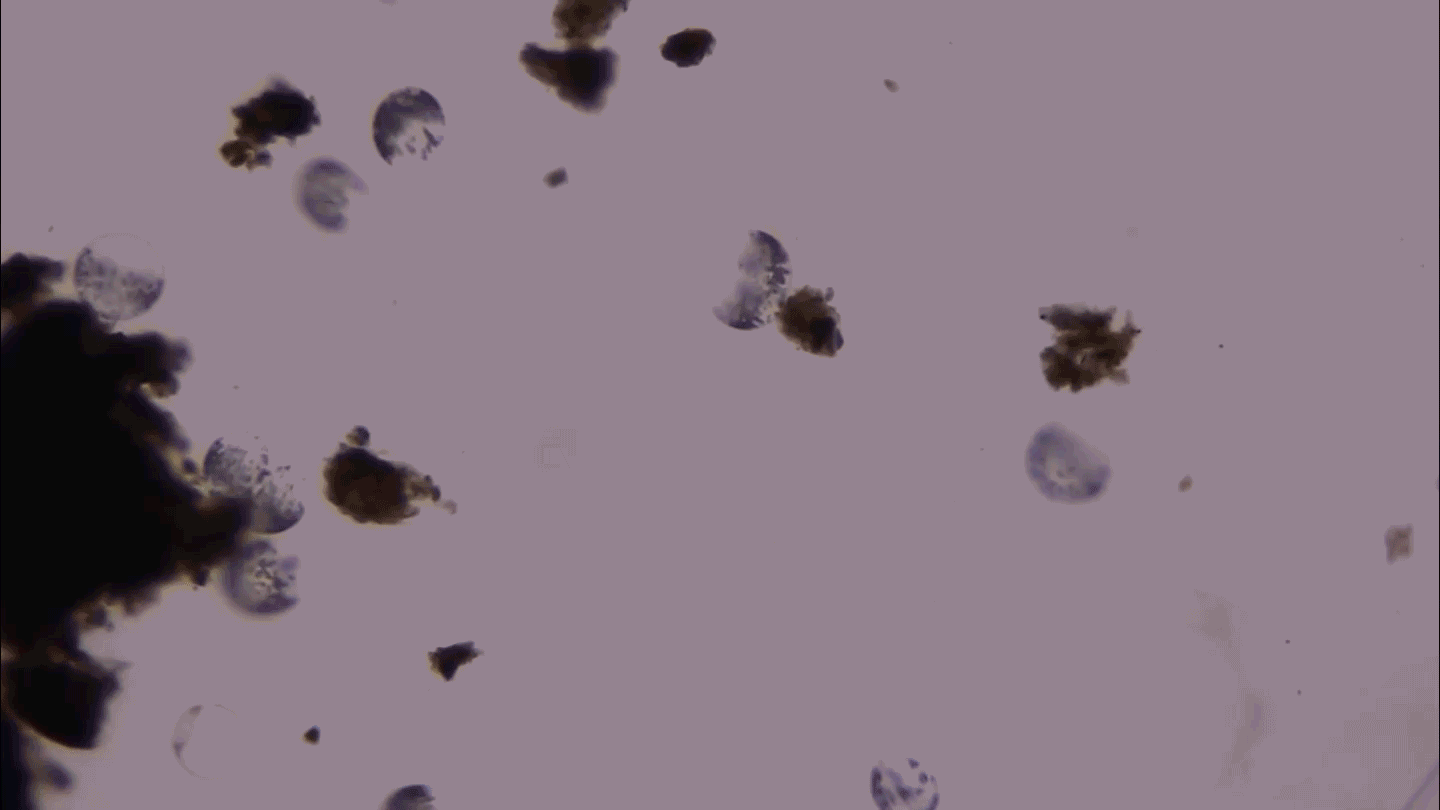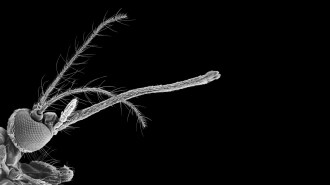The same qualities that make a largemouth bass an easy mark for anglers make him a successful dad. So recreational fishers, a new study suggests, may be accidental forces of evolution, selecting against the best in male fish parenting.

“Does that mean that bass populations are imminently in danger of becoming too hard to catch and at the same time totally inefficient at reproducing? Not really,” says study coauthor David Philipp of the University of Illinois at Urbana-Champaign. “Does it mean that we are impacting populations of bass in ways that we never envisioned and don’t understand well at all? Most certainly.”
Among the prized sports fish Micropterus salmoides, it’s the dads that do the child care. They go for weeks without food to guard their nests from predators or to swim protectively nearby as tiny fry start exploring the big wet world.
In a study of fish dads in experimental ponds, largemouth bass from a lineage known to be an easy target for anglers proved more diligent at babysitting than did hard-to-catch males, says coauthor David Sutter, a fisheries ecologist at the University of Illinois. Fish that were swift to strike at lures that anglers jiggled in the water also readily attacked nest intruders.
Such good parenting paid off: Those easy-mark males tended to raise more youngsters than hard-to-catch males in the same ponds, Sutter and his colleagues report online December 3 in the Proceedings of the National Academy of Sciences.
Large body size also inclined males to reproductive success, or fitness, in the experiments. But Sutter says that vulnerability to anglers by itself was linked with both good parenting and reproductive fitness.
The new study is the first experimental evidence for this link between vulnerability and reproductive fitness, says conservation geneticist Fred Allendorf of the University of Montana in Missoula, who wasn’t part of the study. Finding such a connection marks a crucial step in figuring out how anglers might affect the evolution of traits in the fish population.
David Conover of Stony Brook University in New York welcomes the bass study for showing that recreational fishing too can be a potent evolutionary force. The study also shows that such practices can act not just on physical traits but also on fish behavior, adds Conover, who has studied commercial-style fishing practices as forces of evolution on fish size.
Over time such evolutionary pressure can change the remaining population. The harvest of largemouth bass, especially males fidgeting over their nests, “favors more docile males that are, in the process, less willing or effective in defending their offspring,” Philipp concludes.
The study builds on a string of experiments on two fish lineages that researchers bred for opposite reactions to anglers. One bass family became extremely gullible to angler ploys and the other grew extra wary. Parents pass these tendencies on to their offspring, Philipp and his colleagues reported in 2009.
To see what inheriting vulnerability (or not) might mean for fish, Sutter stocked four gullible and four wary male bass in each of six lab ponds, along with wild female bass as well as predatory bluegills. At the end of the breeding season, Sutter used genetic markers to identify the parents of 1,200 of the many bass offspring. The highly vulnerable males had sired about 62 percent of the next generation, and a statistical analysis uncovered the links between catchability and parenting.
Most states let anglers fish during the spawning period, when touchy, hyperprotective dads may be especially vulnerable, Philipp notes. Whether that’s a good idea has been debated at length.
Closing fisheries during spawning time is only one of several ways managers might soften the evolutionary pressures created by recreational and commercial harvest, says fish ecologist Jim Kitchell of the University of Wisconsin–Madison. Tweaking the legal limits on fish size might change pressures toward slower growth or smaller body size.
“From my perspective, the implications of this work go far beyond bass management,” Allendorf says. Managers of other species, in the sea or on land, would do well to consider the possibility that harvesting can bring fast evolutionary changes that may turn the enterprise unsustainable.






